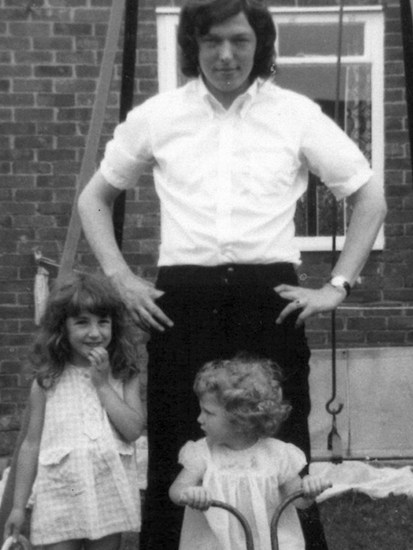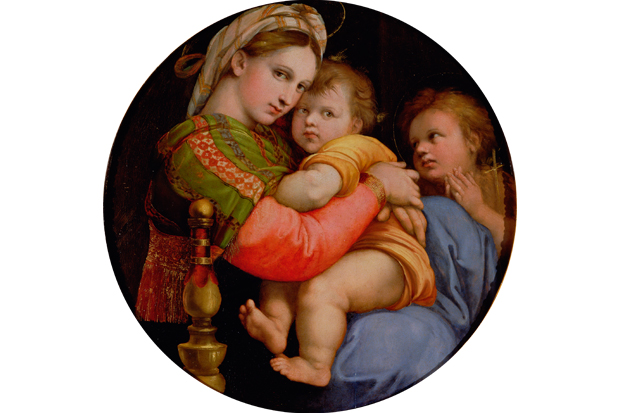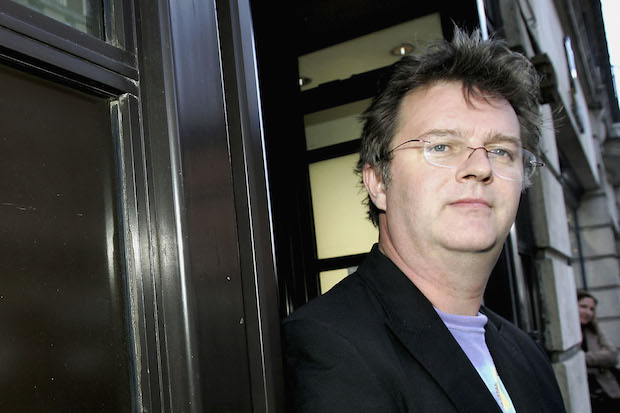Alan Johnson’s first volume of memoirs, This Boy, is still in the bestsellers’ list, but the Stakhanovite postman has made a second delivery, timed impeccably for the party conference season. It charts his escape from the urban jungle of Notting Hill to Britwell council estate in Slough, via a succession of GPO sorting offices and eventually to high office in the Union of Communications Workers.
Already a subscriber? Log in
Subscribe for just $2 a week
Try a month of The Spectator Australia absolutely free and without commitment. Not only that but – if you choose to continue – you’ll pay just $2 a week for your first year.
- Unlimited access to spectator.com.au and app
- The weekly edition on the Spectator Australia app
- Spectator podcasts and newsletters
- Full access to spectator.co.uk
Unlock this article
Available from the Spectator Bookshop, £14.99, Tel: 08430 600033. Paul Routledge is a columnist for the Daily Mirror and a biographer of Gordon Brown and Arthur Scargill.
You might disagree with half of it, but you’ll enjoy reading all of it. Try your first month for free, then just $2 a week for the remainder of your first year.














Comments
Don't miss out
Join the conversation with other Spectator Australia readers. Subscribe to leave a comment.
SUBSCRIBEAlready a subscriber? Log in